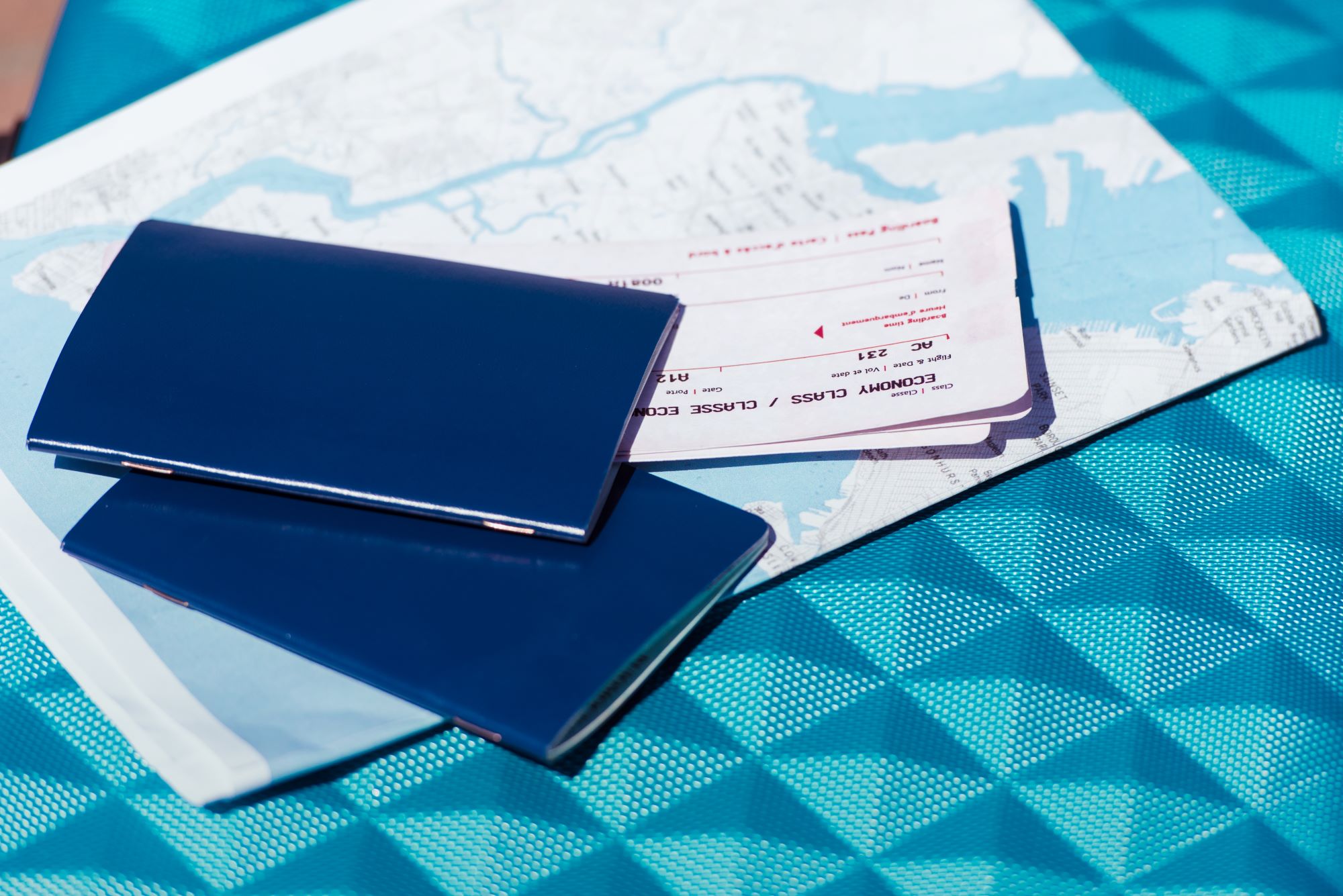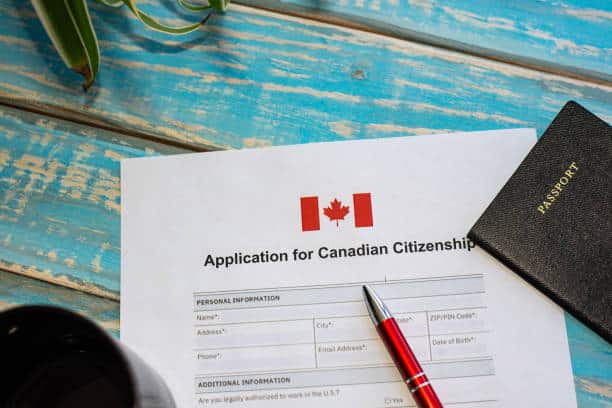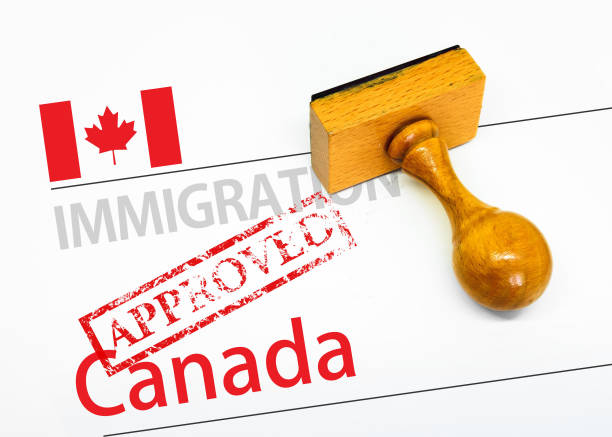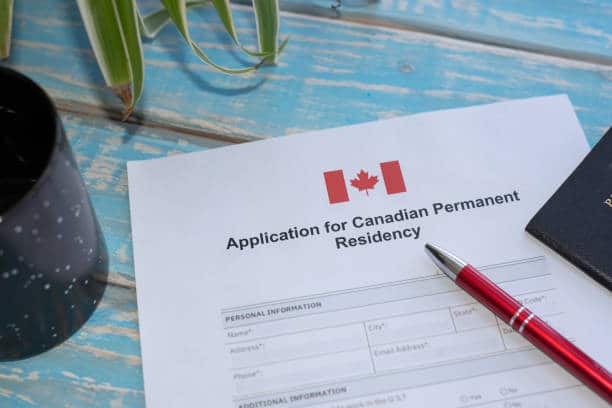May 29, 2024
Discover the essential requirements and detailed process for becoming a sponsored immigrant in Canada. Learn about eligibility criteria, health and security checks, financial sufficiency, and the application steps to reunite with your family in Canada.
May 27, 2024
Provincial Nominee Programs (PNPs) in Canada address the unique economic and demographic needs of each province or territory. Eligibility criteria and program details vary significantly across provinces, with some offering specific programs for childcare or elder care workers. These programs may change over time as immigration policies and priorities evolve.
May 27, 2024
Navigating the pathways to maintain permanent residency in Canada involves understanding various documents and their specific requirements. For permanent residents, knowing when and how to apply […]
May 24, 2024
Reminder: GTA construction workers with lapsed immigration status can now apply for permanent residence until July 2, 2024. Don't miss this extended deadline to secure your future in Canada!
May 23, 2024
Bill C-71 introduces new Canadian citizenship by descent legislation, extending citizenship beyond the first generation inclusively. It provides automatic citizenship for those born abroad to Canadian parents and reinstates citizenship for "Lost Canadians." Learn more about this transformative change.
May 21, 2024
Prime Minister Trudeau emphasizes the need for pathways to regularize the status of certain undocumented immigrants in Canada while accelerating deportation processes for others. This approach aims to protect vulnerable individuals, including LGBTQ+ migrants, from exploitation and harm, highlighting the government's commitment to immigration reform.
May 20, 2024
Unravel the complexities of the credential assessment process in Canada with our comprehensive guide. From selecting the right organization to utilizing your assessment report, embark on your journey to success today!
May 17, 2024
ALL children aged 21 or under of an applicant for PR must undergo an immigration medical exam as part of their parent's PR application.
May 15, 2024
The Temporary Resident to Permanent Resident Pathway (TR to PR Pathway) was a limited-time pathway to permanent residence for qualifying temporary residents and their families








